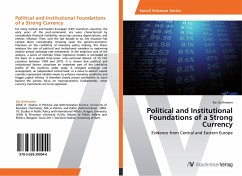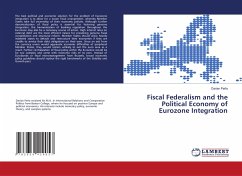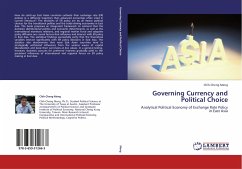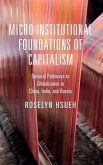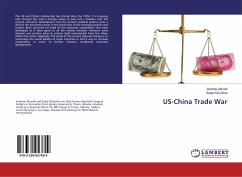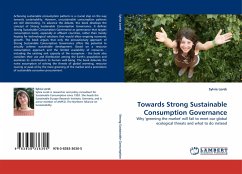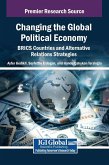For many Central and Eastern European (CEE) transition countries, the early years of the post-communist era were characterized by considerable financial instability, recurring currency depreciations, and chronic inflation. Then, over the last decade or so, the situation has calmed down considerably. Drawing upon the politico-economic literature on the credibility of monetary policy making, this thesis analyzes the role of political and institutional variables in explaining relative annual exchange rate movements. In the empirical core of the analysis, a series of multiple linear regression models is estimated on the basis of a pooled time-series cross-sectional dataset of 15 CEE countries between 1994 and 2010. It is shown that political and institutional factors constitute an important part of the credibility profile of the countries under study. A stringent exchange rate arrangement, an independent central bank, or a move to abolish capital controls represented reliable means to enhance monetary credibility and trigger capital inflows. It therefore clearly proves worthwhile to reach beyond the narrow focus on macroeconomic fundamentals, when currency movements are to be explained.
Bitte wählen Sie Ihr Anliegen aus.
Rechnungen
Retourenschein anfordern
Bestellstatus
Storno

